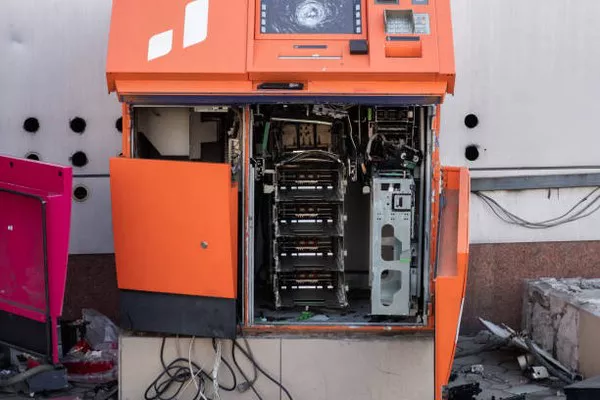In times of power outages or emergencies, having a reliable backup generator can be a lifesaver, especially when it comes to preserving perishable food items like those stored in your refrigerator. However, determining the appropriate size of generator to power your refrigerator can be crucial to ensure its smooth operation and longevity. In this article, we’ll delve into the factors to consider when selecting a generator size and provide guidance on making an informed decision.
Understanding Refrigerator Power Requirements
Before diving into generator sizing, it’s essential to understand the power requirements of your refrigerator. Typically, refrigerators consume varying amounts of power depending on their size, age, and efficiency rating. Modern refrigerators are generally more energy-efficient than older models, but they still require a significant amount of power to operate.
The power consumption of a refrigerator is measured in watts and can be found on the appliance’s energy label or in the owner’s manual. On average, a standard-sized refrigerator can consume anywhere from 100 to 800 watts during normal operation, with higher power demands during startup or when the compressor kicks in to maintain the desired temperature.
Calculating Power Needs
To accurately size a generator for your refrigerator, you’ll need to calculate its starting (surge) and running (continuous) power requirements. The starting power is crucial as refrigerators often require a surge of power when the compressor starts up. This surge can be several times higher than the appliance’s continuous running power.
The startup surge factor typically ranges from 2 to 3 for most refrigerators. Once you’ve determined the starting power, add it to the refrigerator’s running power to find the total power requirement.
Generator Sizing Guidelines
When selecting a generator size for your refrigerator, it’s essential to choose one that can handle both the starting and running power demands with ease. Here are some guidelines to help you determine the appropriate generator size:
1. Determine Total Power Requirements
Begin by making a list of all the appliances and devices you intend to power with the generator, including your refrigerator. Calculate the total power requirements by adding up the starting and running power for each appliance. Ensure that you account for any additional appliances or devices you may need to power simultaneously.
2. Consider Surge Capacity
Generators are rated based on their surge capacity, which is the maximum amount of power they can deliver for a short duration to accommodate the starting surge of appliances like refrigerators. Look for generators with sufficient surge capacity to handle the startup requirements of your refrigerator without overloading the system.
3. Choose a Generator Size
Once you have determined the total power requirements and surge capacity needed for your refrigerator, select a generator size that meets or exceeds these specifications. It’s recommended to opt for a generator with a slightly higher wattage rating than your calculated power needs to provide a buffer for unexpected power spikes or additional appliances.
4. Consider Future Needs
Keep in mind any future expansions or additions to your power needs when selecting a generator size. If you plan to add more appliances or devices in the future, it’s wise to choose a generator with a higher capacity to accommodate these changes without the need for an upgrade.
See Also How Does A Generator Work Simple
Conclusion
Selecting the right size generator to power your refrigerator is essential for ensuring food preservation and household comfort during power outages. By understanding your refrigerator’s power requirements, considering surge capacity, and following sizing guidelines, you can confidently choose a generator that meets your needs and provides reliable backup power when you need it most. Remember to factor in future power needs and consider consulting with a professional if you’re unsure about generator sizing or installation requirements. With the right generator in place, you can enjoy peace of mind knowing that your refrigerator and other essential appliances are protected during unexpected power disruptions.

